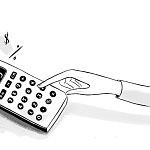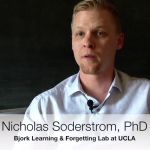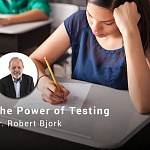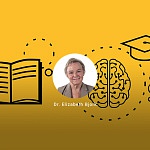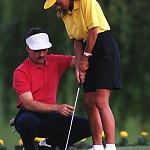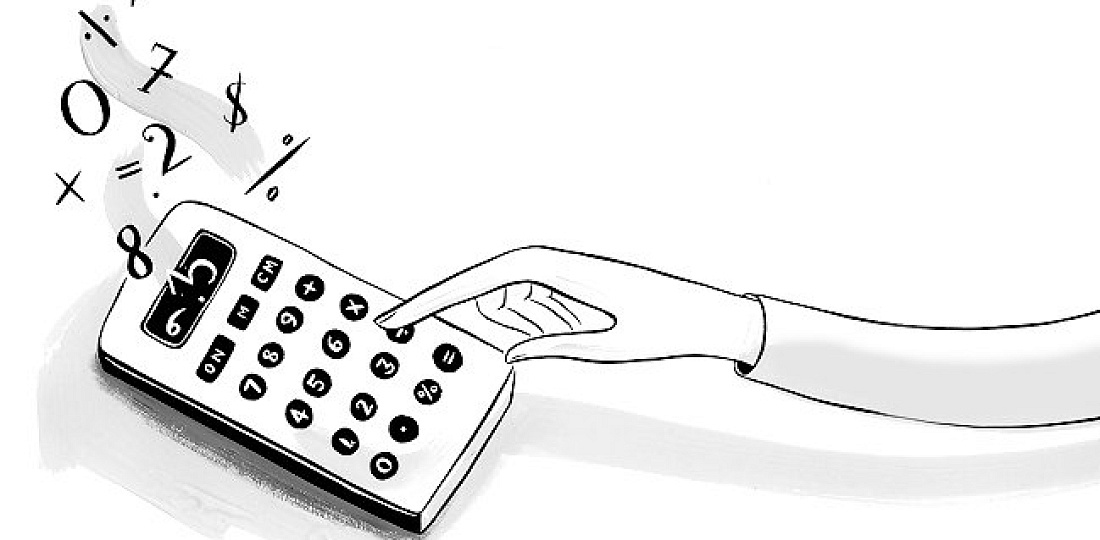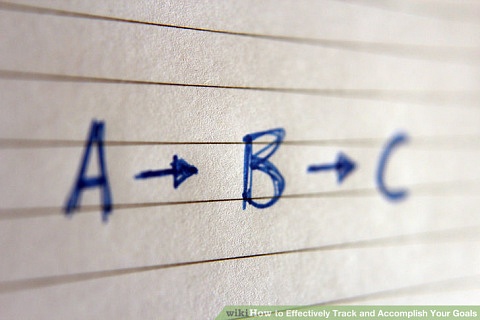Tweak the way you do math homework. You’ll learn more and be less overconfident.
This article was originally published in Psychology Today on Nate Kornell’s blog, Everybody is Stupid Except You
Last night I was tutoring a 7th grader in algebra. The first problem was “Calculate the percent change from 13 to 20.” She thought for a moment about whether or not to divide the difference (i.e. 7) by the original number (i.e. 13) or by the new number (i.e. 20). She divided 7 by 13, multiplied by one hundred, and copied the answer from the calculator onto her page. Correct!
The next 25 problems were identical. They just used different numbers. She had to thinkto figure out the first problem. She never paused to think again. She was basically getting calculator practice. She wasn’t doing math. She started rolling her eyes just a few problems in.
She finished the next 15 or so at lightning speed. So I stopped her and asked “Do you think you’ll be able to get problems like these right on the test tomorrow?” Her teacher’s policy is that students can stop doing homework problems when they think they understand it.
She said something like “Of course, these are so easy!”
I was suspicious that doing the same thing over and over was making it TOO easy. So I told her to stop working on the problems. Twenty minutes later we came back to them.
Sure enough, her lightning speed, and confidence, was gone. In a good way. Like with the first problem, she wasn’t sure whether or not to divide the change by the original number or the new number. Even though the first 15 problems seemed simple, when she came back to them just 20 minutes later, she still didn’t have a better understanding of percent change than she had before starting her homework. But she got another chance to figure it out—and to learn some math.
Her dad came home and asked how math was going. She complained about how boring it was to do 26 identical problems. He asked her how many problems she thought it took her to really understand how to do them. She told him three or four.
But then she surprised me (and her dad) when she explained it to him.
“Dad, just because homework gets really easy after a few problems doesn’t mean you’ll get that stuff right on the test. It’s good to go back after a little while and try again to make sure you actually get it.”
I was delighted that she had listened to me—and learned an important lesson about doing homework (whether it’ll stick I don’t know). Her dad, though, wasn’t focussed on her, he was focussed on the message. His response was, basically, “Wow, I guess you’re right!”
So, just to summarize, here’s the message: When you do your first math problem of a certain type you have to figure it out. When you do the second, third, etc., sometimes you just copy your last procedure with new numbers. This is basically calculator practice. You don’t learn much. You feel like you’re learning a lot, because it’s easy. Feeling confident without learning much, that’s a dangerous combination.
So take a break and come back. That way you’ll get to actually solve the problem again. You’ll learn more. And you’ll make sure you actually get it.
This is a guest post by Hannah Hausman, Williams College Class of 2012.










